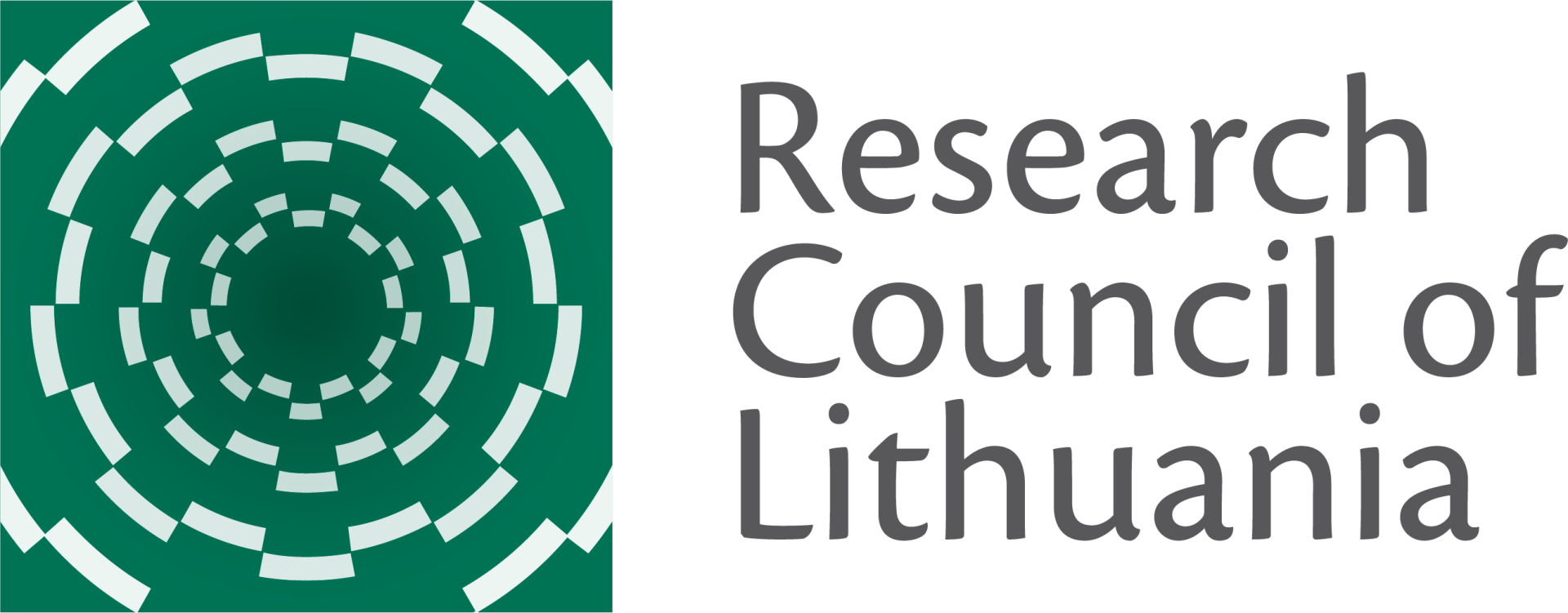Project idea
One of the most worrying global trends of recent years has been the increasing polarisation of societies, which in turn increases public dissatisfaction with the functioning of democracy, potentially leading to the erosion of democracy. In Lithuania, there are still no studies that analyse this phenomenon, which is referred to in academic literature as “emotional polarisation”, although recent trends show increased tensions in society between groups with different value orientations. The aim of this study is to investigate the extent and causes of polarisation in Lithuanian society and its interaction with support for democratic institutions. The study first aims to identify the nature and trends of polarisation over time, i.e., to assess whether and, if so, to what extent the beliefs and attitudes that divide society overlap and reinforce each other. Secondly, it will analyse the factors driving polarisation and the links with political trust and satisfaction with the functioning of democracy. The research will focus on three factors whose impact on polarisation and democratic satisfaction has been virtually unexplored so far in Lithuania: regional inequalities, changes in the public sphere/media usage and the composition of the governing elite in a given period.








